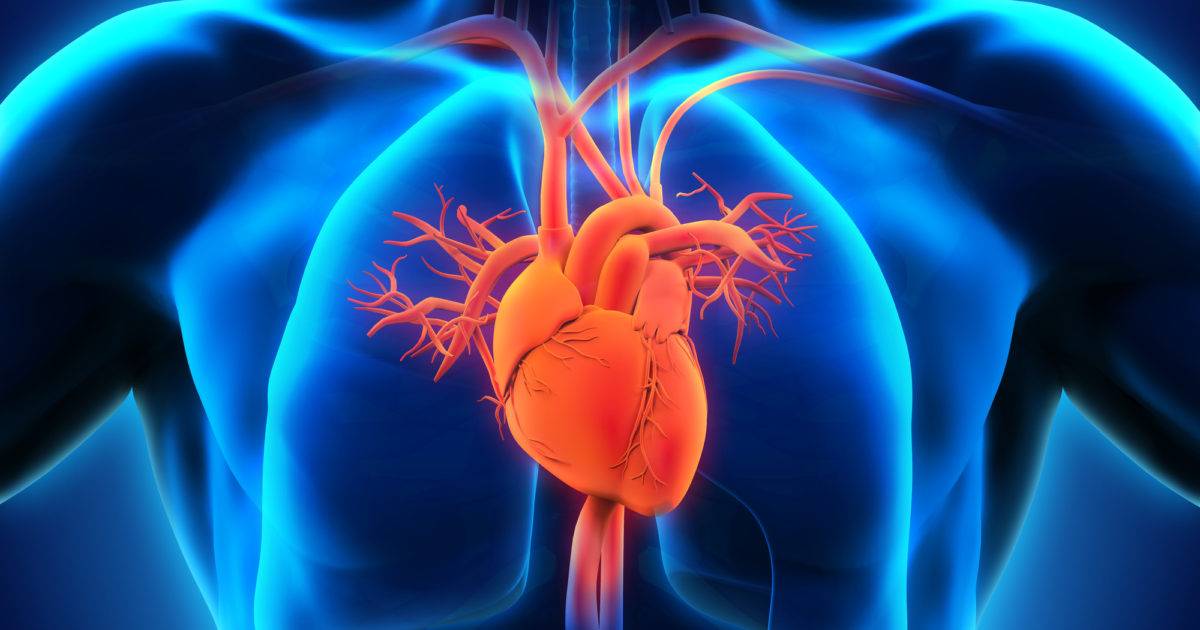Leading a healthy life can mean a number of things but when you take into consideration that the majority of deaths in the world happen due to cardiovascular diseases the main objective is clear. While a sudden cardiac arrest (SCA) can happen to anyone, there are several factors that are known to cause cardiovascular issues. Here are seven such factors, as well as a couple of tips to keep them in check.
Table of Contents
1. Keep Your Blood Pressure in Check
The first thing you need to do is get your blood pressure in check. Pressure gauges are quite inexpensive and it is quite helpful to use them on a regular basis. Ideally, you would measure pressure early in the morning (before eating). Keep in mind that going to a doctor is always the safest choice.
Lowering your blood pressure is really not that difficult once you set your mind to it. First, you should reduce sodium in your diet and eliminate alcoholic beverages. Cutting back on caffeine is also quite important. Remember that stress is a massive cause of high blood pressure, which is why you might want to avoid people and scenarios that consistently stress you out.
2. Lead a More Active Life
According to experts providing courses and ACLS certifications, an active vs. passive lifestyle is one of the main determiners when it comes to the likelihood of heart disease. Once again, there’s no guarantee that this will be the case but for people who regularly exercise, walk, spend more time outdoors, and are overall more active, there’s a lower likelihood that something along these lines will happen.
What are some of the activities that are good for your heart? Well, brisk walking, swimming, running, and jumping rope are at the very top of the list. The reason why they are so great is that you can adjust their intensity to your own condition and endurance.
3. Quit Smoking
Smoking damages your heart, as well as your blood vessels. This is something that you could read on every pack of smokes. When one is a smoker over a longer period of time, fatty deposits build up inside of their coronary arteries. Quitting this nasty habit could provide you with a number of other health-related advantages, as well.
There are a couple of ways you can facilitate your progress towards tobacco-free life. First, you can try nicotine replacement therapy. Second, you could try to avoid your smoking triggers. A lot of people smoke when they’re bored or idle in a single place for too long. They could also practice relaxation techniques, seeing as how a lot of people reach for a smoke when they’re stressed out.
4. Keep Your Weight in Check
With every extra pound you put on, your blood vessels have to expand by 5 miles. Keep in mind that becoming overweight also results in clogged arteries and puts extra pressure on your heart. This is why maintaining a healthy body weight may make a massive difference when it comes to the health of your heart.
Remember that since you’re doing this for health, you cannot just start out with a severe diet. Sure, being in a slight caloric deficit and restructuring your diet is a good thing, however, starvation leads to health problems of its own, one of which is a blow to your immune system. In other words, consulting your doctor and a nutritionist is a good idea.
5. Lower Your Cholesterol
Your cholesterol levels are one of the most important things when it comes to leading a healthy lifestyle. The higher your cholesterol is, the fattier deposits you get in your blood vessels. As these deposits grow, it becomes more difficult for blood to flow through your arteries. Needless to say, this puts extra pressure on your cardiovascular system.
The first thing you need to do in order to lower your cholesterol is to reduce the intake of saturated fats. These are cakes, butter, oils, bacon, and cheese. It is important that you reduce and not completely replace or eliminate, just try to be more moderate. Second, eliminate trans fats. Microwave popcorn, frozen pizza, coffee creamer, stick margarine, and fried foods are trans fats.
6. Watch Out for Diabetes
High blood sugar has the potential to damage not only blood vessels but also nerves in your cardiovascular system. This is the main reason why diabetes sometimes leads to heart disease, as well (as if it weren’t bad enough on its own).
Early symptoms of diabetes are that you often urinate, feel very thirsty, always feel hungry, and lose a lot of weight without actually trying. Constantly feeling tired, having very dry skin, and experiencing blurry vision all of a sudden are some additional symptoms. It is also not uncommon for someone suffering from diabetes to have numb or tingling hands and feet. The only way to check if you actually have diabetes is to go to a doctor for a checkup or do a blood glucose test.
7. Check your family history
Sure, you can’t fight your genetics but it is always helpful to know what you’re up against. People with no family history of cardiovascular diseases are not 100% safe but if you know that you do have these predispositions, leading a healthy lifestyle becomes an even bigger priority.
Going for a regular medical checkup is also a good idea and if you know that you have a history of heart disease in the family, doing this a bit more often is a good idea. You should go for a general heart screening every couple of years. Your blood pressure should be checked every two years, while your cholesterol levels can be checked every four to five years.
Final thoughts
In the end, by lowering these seven risks, you’re drastically increasing the health of your cardiovascular system and lowering the chance of developing heart disease. The best part is that you will also feel better, look better, and benefit the rest of your body. This way of life will suit you in general.



